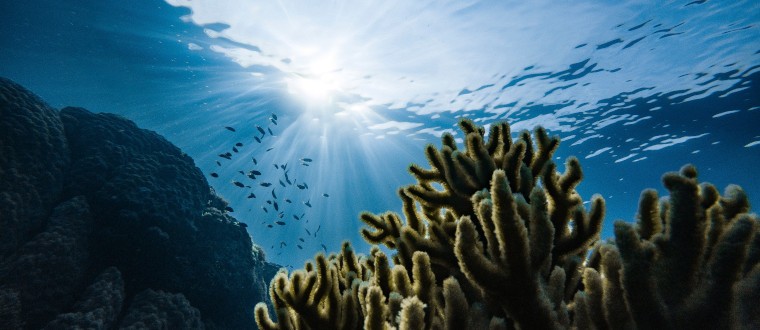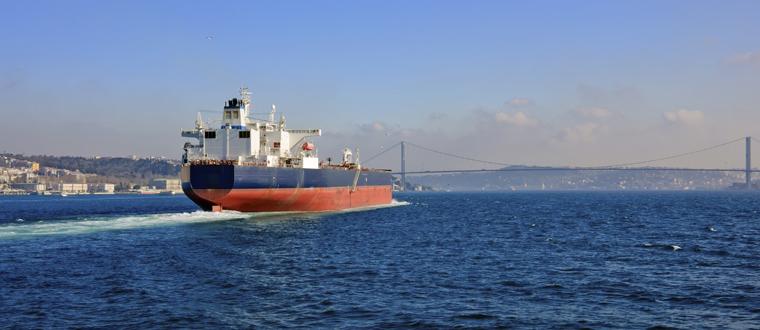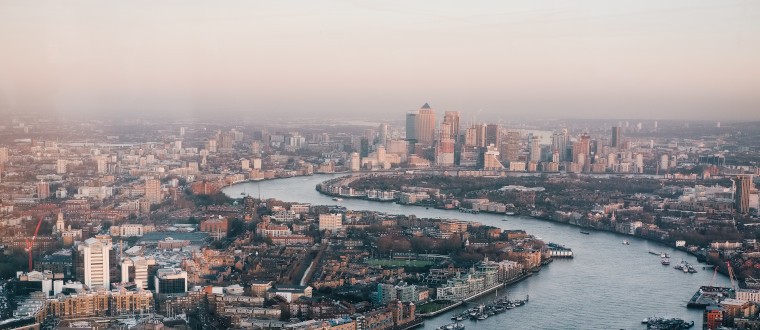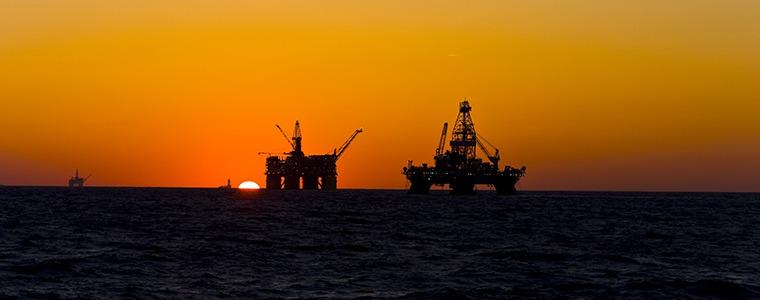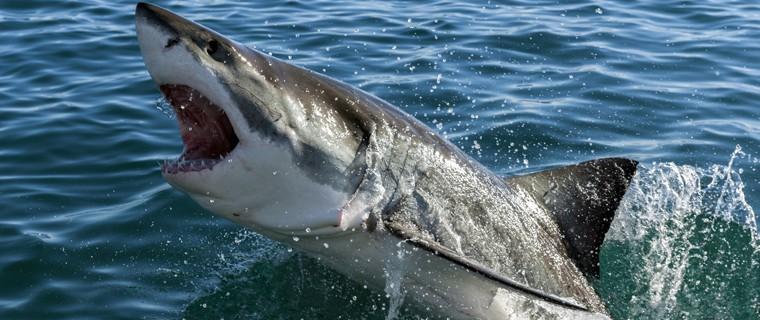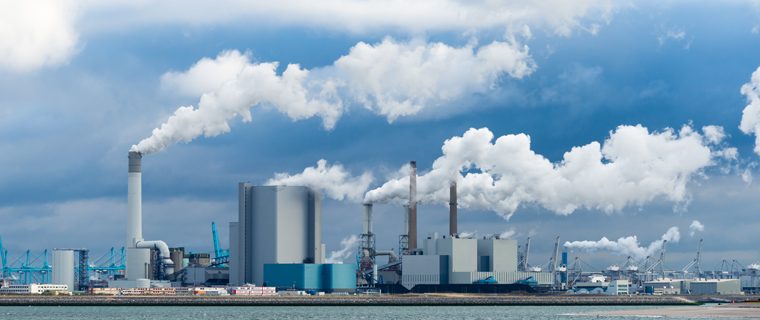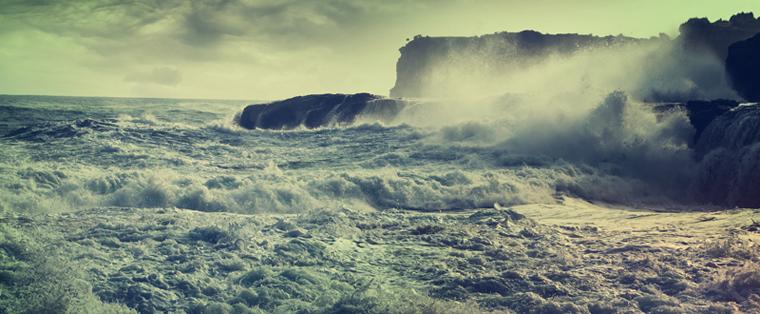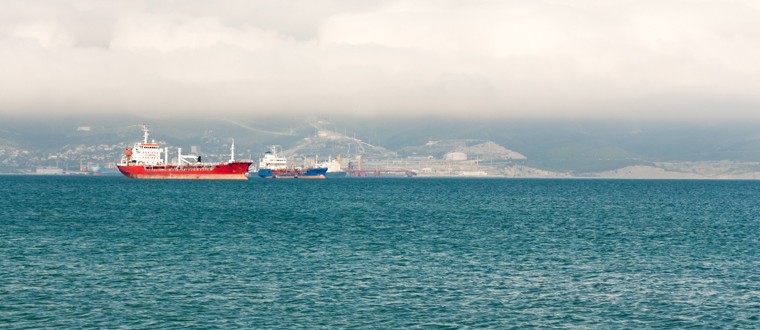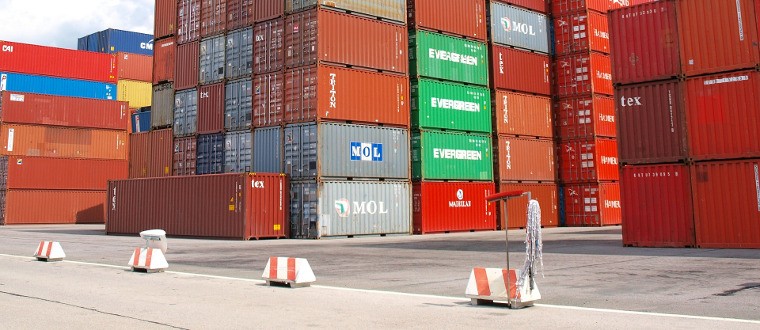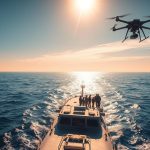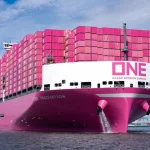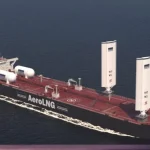The earth as we know it has more water than land. In fact, the ocean covers more than 70% of the planet’s surface that it’s easy to assume that it has unlimited resources.
In place of an in-person Summit this year, the Global Maritime Forum will organize an interactive Virtual High-Level Meeting this October to bring together its community of decision-makers from around the world.
In the midst of this pandemic, one of the biggest challenges for any government is to keep the supply chains moving without increasing the risk for spreading the virus.
The Gulf oil spill is not your average environmental worry. What makes this catastrophe unique is that it occurred at 5,000 feet under the water.
The problem with plastic waste has long been a cause of debate for many countries around the world. But while several efforts have been made to help lessen the world’s waste, hundreds of sharks and rays are still dying.
The Getting to Zero Coalition will lead the push for shipping’s decarbonization with the mutual goal of having commercially viable zero emission vessels operating along deep sea trade routes by 2030.
Climate change is still the number one cause of rising sea levels. Burning fossil fuel adds more greenhouse gas into the atmosphere, which traps heats and increases the temperature of the earth.
Currently, 316 million plastic drink stirrers, 4.7 billion plastic straws and 1.8 billion plastic-stemmed cotton buds are used in England each year. But starting April 2020, the government plans to eradicate the usage of these plastic products by restricting their availability.
The “Maritime Cyprus” Conference is an established biennial event in Cyprus organised by the Shipping Deputy Ministry in cooperation with the Cyprus Shipping Chamber and the Cyprus Union of Shipowners.
According to the Cargo Incident Notification System (CINS), nearly 25% of all serious incidents onboard containerships were attributable to mis-declared cargo.

